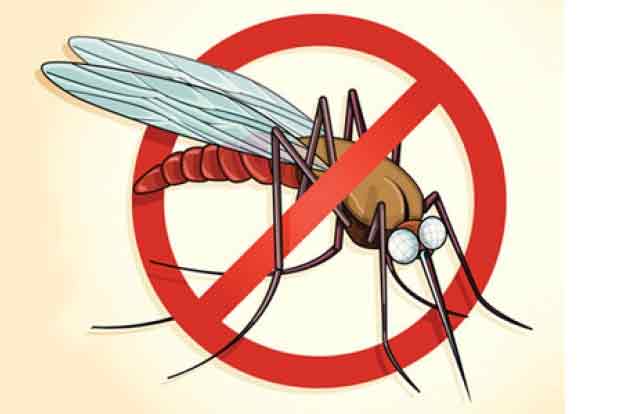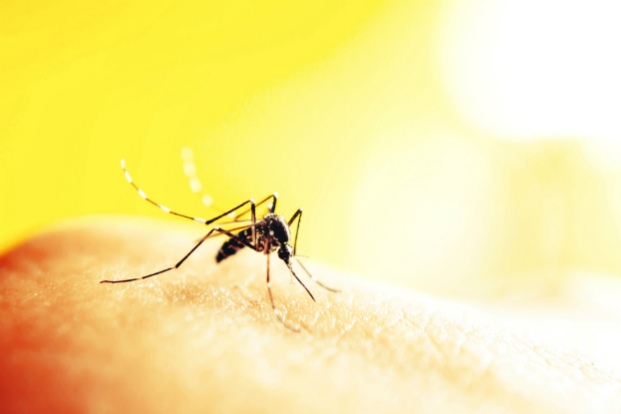Categories
- Bariatric Surgery (11)
- Black Fungus (5)
- Bone Marrow transplant (3)
- Brain Tumor Surgery Navigation Technology (20)
- Cardiac Surgery (66)
- Cardiology (97)
- Computer navigation technology for joint replacements (20)
- Covid Vaccination (17)
- Critical Care (2)
- Dental (19)
- Dermatology (31)
- Dialysis Support Group - “UTSAAH” (11)
- Dietitian (33)
- Emergency Medicine (4)
- Emotional Health (11)
- Endocrinology (33)
- ENT (20)
- Gastroenterology and GI Surgery (53)
- General and Laparoscopic Surgery (21)
- General Surgery (4)
- Gynecology & Obstetrics (183)
- Hematology (20)
- Internal Medicine (294)
- Kidney Transplant (50)
- Kidney Transplantation (20)
- Lung Cancer (8)
- Minimal Invasive Surgery (1)
- Mother & Child (20)
- mucormycosis (5)
- Nephrology (61)
- Neurology (147)
- Neurosurgery (68)
- Nutrition and Dietetics (107)
- Omicron Variant (1)
- Oncology (288)
- Ophthalmology (10)
- Orthopaedics & Joint Replacement (86)
- Paediatrics (59)
- Pediatric Nephrology (3)
- Physiotherapy (5)
- Plastic & Reconstructive Surgery (6)
- Psychiatry and Psychology (90)
- Psychologist (28)
- Pulmonology (72)
- Rheumatology (13)
- Spine Services (21)
- Transradial Angioplasty (16)
- Urology (84)
Query Form
Posted on Apr 19, 2022
What are the short and long term effects of Malaria?
World Malaria Day will be celebrated on 25th April 2017. This year’s theme is ‘End Malaria for Good’.Almost half of world population is at risk for malaria and 400000 people die annually from malaria. Following are some of the immediate effects of malaria on the patients:

- Malaria is a serious preventable disease .Malaria has a wide range of effects in mankind. Typically and classically malaria causes fever which usually starts with shivering.
- The symptoms begin with hot fever followed by sweating. There are also cold and hot sweating stages. These episodes may occur every two days (tertian fever) in vivex and ovale types, every three days for malaria type.
- In falciparum malaria, fever may recur every 36-48 hours and can also be continuous. The effects of malaria targets muscle tissue leading to muscle aches. Muscles contractures muscle fatigue, muscle pain and muscle weakness are the common signs associated.
- Along with fever, patients may also have headache, vomiting, joint pains and convulsions. Diarrhea (Loose motions) are also important features in some patients.
- Patients may develop anemia (low blood), Jaundice (liver failure) and may also start passing hemoglobin(blood) in the urine, etc.
- Some patients may also develop some more serious complications like abnormal posturing of boby, abnormal eye movements, paralysis of eye movements and coma.
- Patient may develop respiratory distress due to excess formation of acid in body, swelling of lungs and pneumonia. Malaria may affect heart muscle and cause heart failure.
- In some severe types of malaria called Black Water Fever, the breaking up of red blood cells of blood may lead to kidney failure resulting from hemoglobin deposition in the kidneys. Affected persons may have very low sugar. Infection with falciparum malaria may involve Brain (called Cerebral Malaria), in which swelling of brain happens. It may also cause seizures, coma and death . Many patients of malaria may have a wide range of psychiatric effects like disorder of personality, mood memory attention, thought and behaviors.
- Patients may also have dehydration, spontaneous bleeding and develop a state of shock. There may be some particularly vulnerable groups such as pregnant women, babies and young children.
- Malaria can cause abortion, still birth, low birth weight baby or high rate of early childwood death rates.
Malaria affects the patient’s families too:
-
If the person is already effected from HIV (AIDS) or other debilitating diseases, malaria can cause severe effects. Malaria is an important disease worldwide causing human suffering .Even after a successful treatment it can recur, which is called relapse, which may be due incomplete or inadequate cure. Malaria not only affects the person, it has got devastating effects on families, societies and countries so it is an universal problem.



